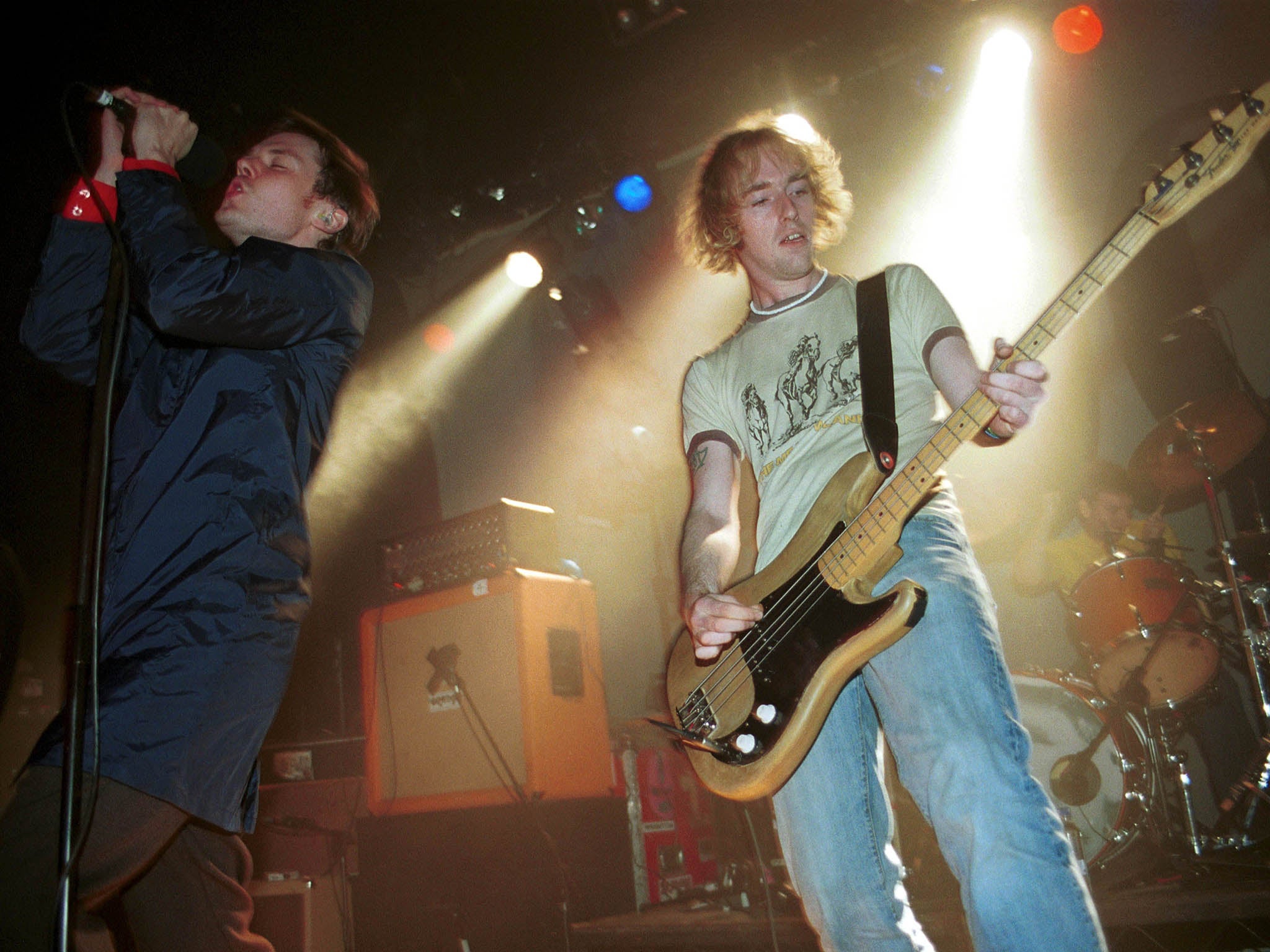Idlewild, Everything Ever Written, album review: A Grateful Dead-like grace which could be their best work so far
Musically, the lay-off, and the acquisition of new bass and keyboard players, has worked wonders for Idlewild’s sonic palette

Your support helps us to tell the story
From reproductive rights to climate change to Big Tech, The Independent is on the ground when the story is developing. Whether it's investigating the financials of Elon Musk's pro-Trump PAC or producing our latest documentary, 'The A Word', which shines a light on the American women fighting for reproductive rights, we know how important it is to parse out the facts from the messaging.
At such a critical moment in US history, we need reporters on the ground. Your donation allows us to keep sending journalists to speak to both sides of the story.
The Independent is trusted by Americans across the entire political spectrum. And unlike many other quality news outlets, we choose not to lock Americans out of our reporting and analysis with paywalls. We believe quality journalism should be available to everyone, paid for by those who can afford it.
Your support makes all the difference.“Did you ever get the feeling that ‘I made important decisions far too late in life’?” asks Roddy Woomble here in “So Many Things to Decide”.
It might stand as the query underlying all of Everything Ever Written, an album that finds the former literate new-wavers grappling with Big Questions, years after they effectively gave up and (thankfully, not permanently) went their separate ways.
The odd thing about their dissolution was that it happened after their strongest album thus far, 2009’s Post Electric Blues, which found them adopting the mantle of R.E.M., with a blend of intimacy, intelligence and imagination that’s pleasingly reprised on Everything Ever Written. The closest they come to that specific sound is on the galloping rockers “On Another Planet” and “Come On Ghost”, where guitar arpeggios and counterpoint harmonies support Woomble’s best Stipe impression.
But the comparison extends beyond the merely musical, thanks to the thoughtful way in which the band tackle such themes as religious idealism (“Utopia”), the Sisyphean task of imposing order on one’s small corner of the world (“Nothing I Can Do About It”), and the cycles of civilisation and the individual’s place within their age (“Collect Yourself”). The latter, hewn out in brooding ruminations between bursts of chunky riffing, finds Woomble reflecting that “you’ve got to think like an old soul”, something his younger self might have struggled to accept.
Musically, the lay-off, and the acquisition of new bass and keyboard players, has worked wonders for Idlewild’s sonic palette. There’s a Grateful Dead-like grace and fluidity about the sky-soaring instrumental conclusion to “(Use It) If You Can Use It”, while elsewhere, neat little touches – the tearing-paper sound laced into the rhythm track of “Like a Clown”, the mellotron, sax and trumpet tints in several tracks – bring a confidence and freshness to what may be their best work so far.
Join our commenting forum
Join thought-provoking conversations, follow other Independent readers and see their replies
Comments